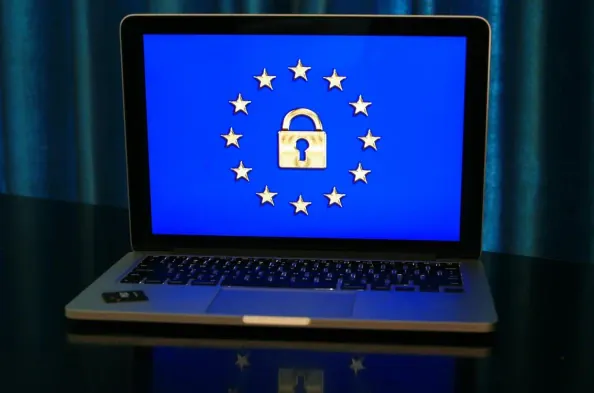In an interconnected world where data is gold, ensuring compliance with the General Data Protection Regulation (GDPR) has become paramount for organizations processing personal data. With strict penalties in place for non-compliance, companies are increasingly adopting GDPR-compliant data practices to safeguard customer information and maintain trust.
Understanding GDPR
GDPR, implemented in the European Union, provides a regulatory framework for data protection and privacy. It aims to give individuals control over their personal data, ensuring that organizations handle this data responsibly. The regulation mandates stringent requirements for data collection, storage, and processing, compelling businesses worldwide to revise their data practices.
Key Features of GDPR-Compliant Technology
GDPR-compliant technology encompasses several features designed to protect personal data:
Data Minimization
One of the core principles of GDPR is data minimization. This ensures that organizations only collect data that is necessary for a specific purpose. Technologies designed with GDPR in mind often include tools that help limit the amount of data collected, ensuring compliance from the outset.
Enhanced Consent Management
Under GDPR, obtaining explicit consent from individuals before processing their data is essential. GDPR-compliant technologies often include robust consent management systems. These systems track when and how consent was given, allowing easy withdrawal if required.
Data Encryption
The regulation mandates protecting personal data through encryption. GDPR-compliant technologies implement advanced encryption standards to protect data at rest and in transit, reducing the risk of data breaches and unauthorized access.
Right to Access and Portability
GDPR grants individuals the right to access their data and request its transfer to another service provider. Technologies adhering to GDPR must facilitate data access and portability, ensuring individuals can exercise their rights without undue delay.
Data Erasure
The right to be forgotten is another critical aspect of GDPR. Technologies need to provide mechanisms for data erasure upon request, ensuring that personal data is permanently removed from databases.
Performance and Impact
Improved Trust
Implementing GDPR-compliant data practices enhances customer trust. Knowing their data is handled responsibly encourages individuals to engage with businesses confidently.
Operational Efficiency
While complying with GDPR can be resource-intensive initially, it leads to operational efficiency in the long run. Streamlined data processes, reduced data duplication, and enhanced data governance contribute to improved organizational efficiency.
Competitive Advantage
Businesses that prioritize GDPR compliance gain a competitive edge. Demonstrating commitment to data protection distinguishes them in a crowded market, appealing to privacy-conscious consumers and partners.
Verdict
GDPR-compliant data practices have become integral to businesses worldwide. The technology ensuring this compliance offers robust features that not only protect personal data but also enhance trust, improve efficiency, and provide a competitive advantage. Moving forward, companies will need to continue refining their data practices, leveraging advanced technologies to stay ahead of evolving regulations and cyber threats.
As data privacy continues to be a top concern, the focus should be on incorporating GDPR principles deeply into business processes. This will not only help in avoiding hefty fines but also in building a resilient, trustworthy, and forward-thinking brand. With GDPR-compliant technology, the path to responsible data governance and sustainable business growth is clear.






